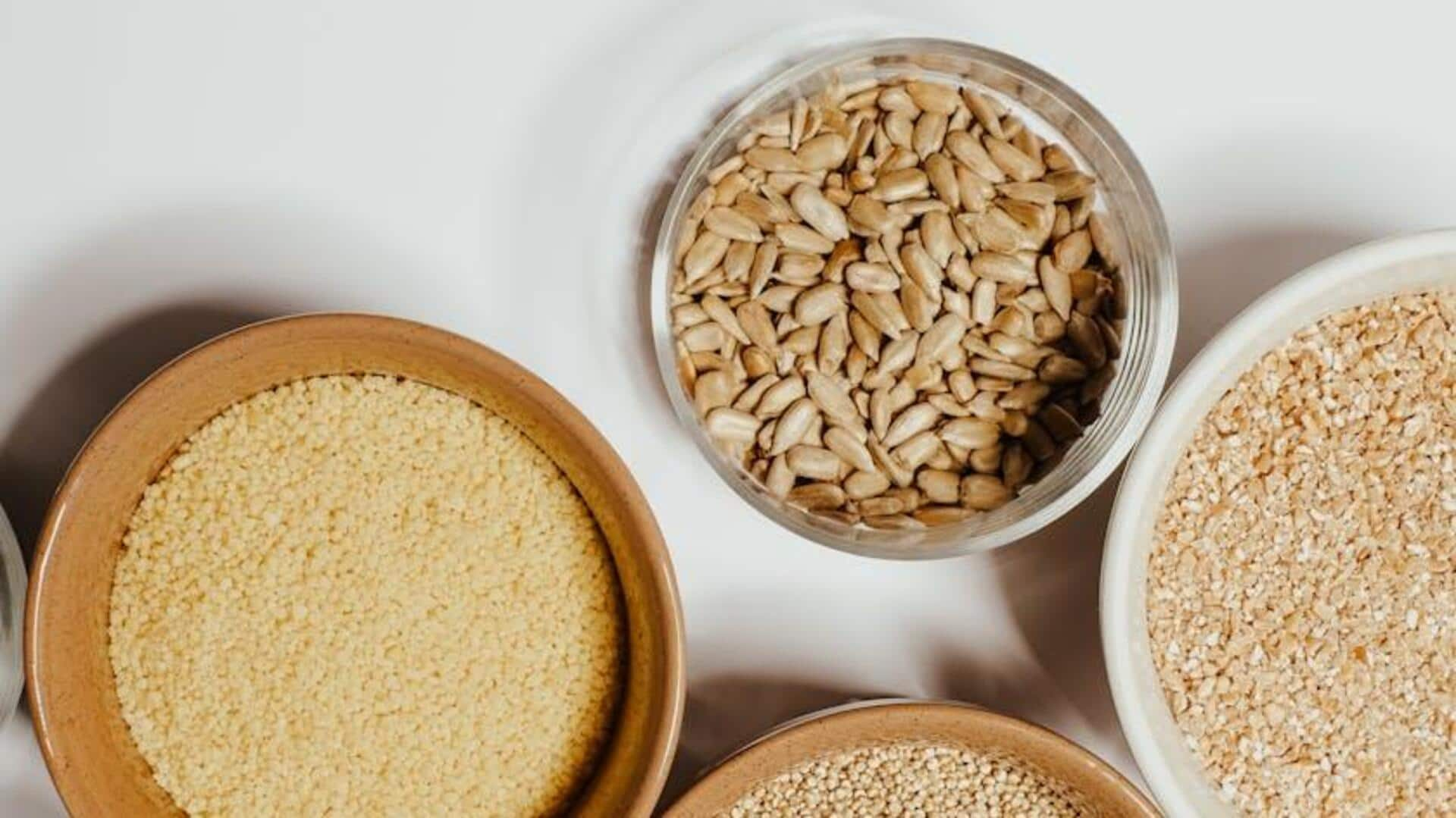
Amaranth: Africa's resilient superfood for health and food security
What's the story
Amaranth, a beautiful leafy green, holds a place of honor across Africa for its nutritional powerhouse, resilience in various climates, and cultural significance. This superfood, packed with essential vitamins and minerals, has become a staple in many diets. Its culinary versatility, health benefits, and adaptability make it a key player in improving food security on the continent.
Nutrition
A powerhouse of nutrients
Amaranth leaves are a nutritional powerhouse. They are an excellent source of vitamin C, vitamin A, calcium, and iron. Just 100 grams of amaranth leaves supply a whopping 97% of the recommended daily intake for vitamin A and approximately 73% for vitamin C. This makes amaranth a top choice for strengthening immunity and promoting eye health.
Cultivation
Easy to grow anywhere
Amaranth's strength in Africa stems from its hardiness; it flourishes in various climates, from dry to high rainfall regions. Needing little care, amaranth seeds are perfect for smallholder farmers or those with scarce resources. This adaptability boosts food security by providing a reliable nutrition source, hence it is a key crop across the continent.
Cooking
Versatile in the kitchen
Amaranth leaves are highly adaptable in the kitchen. You can steam, boil, saute, or even toss them raw into salads. In African culinary traditions, amaranth is incorporated into soups and stews or sauteed with onions and spices as a standalone side. Its mild, slightly nutty taste pairs well with a variety of flavors, making it a breeze to include in everyday dishes.
Sustainability
An eco-friendly crop choice
Cultivating amaranth offers numerous environmental benefits, making it ideal for sustainable farming. Requiring much less water than other crops, it supports water conservation, especially in dry areas. Its deep root system enhances soil fertility by accessing deeper nutrients and helps prevent soil erosion. Additionally, amaranth's dense and rapid growth naturally suppresses weeds, lowering the need for chemical herbicides and promoting a healthier, more resilient ecosystem.
Diet inclusion
Tips for incorporating amaranth into your diet
To start including amaranth in your diet, simply add young, tender leaves to salads or sandwiches for a nutritious kick. For main meals, swap out spinach for amaranth leaves in recipes like stews or curries to enjoy its unique texture and flavor. Keep in mind that both the leaves and seeds are edible, allowing you to get creative with how you use this superfood green.